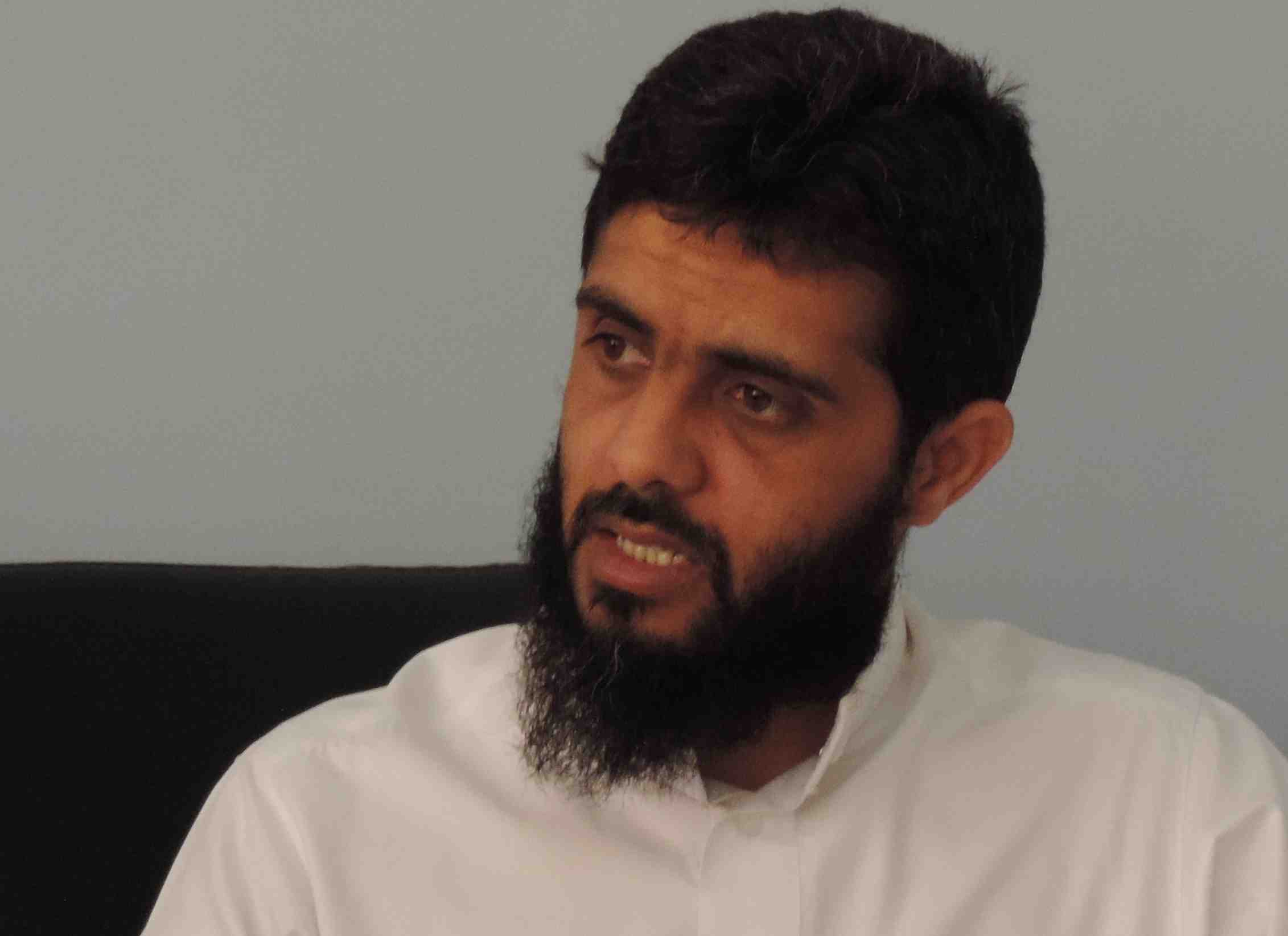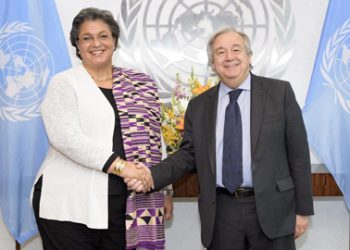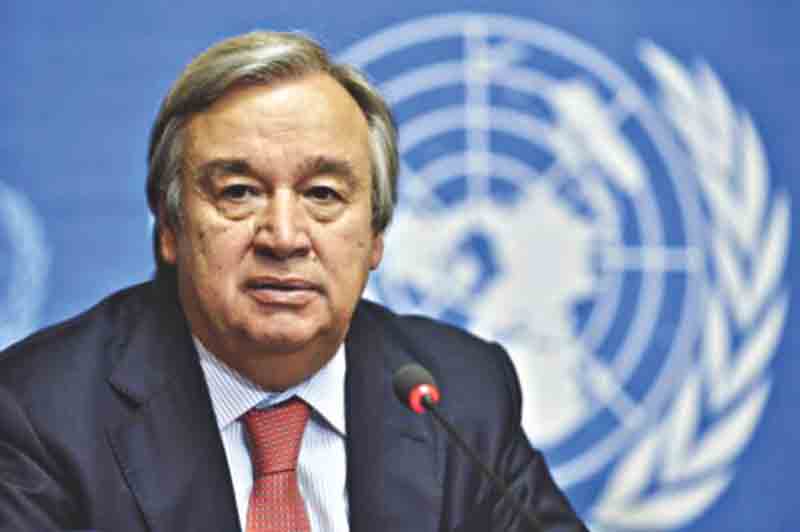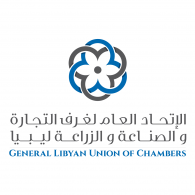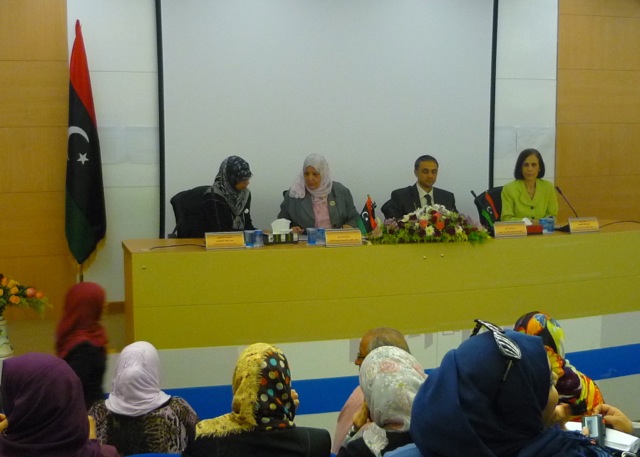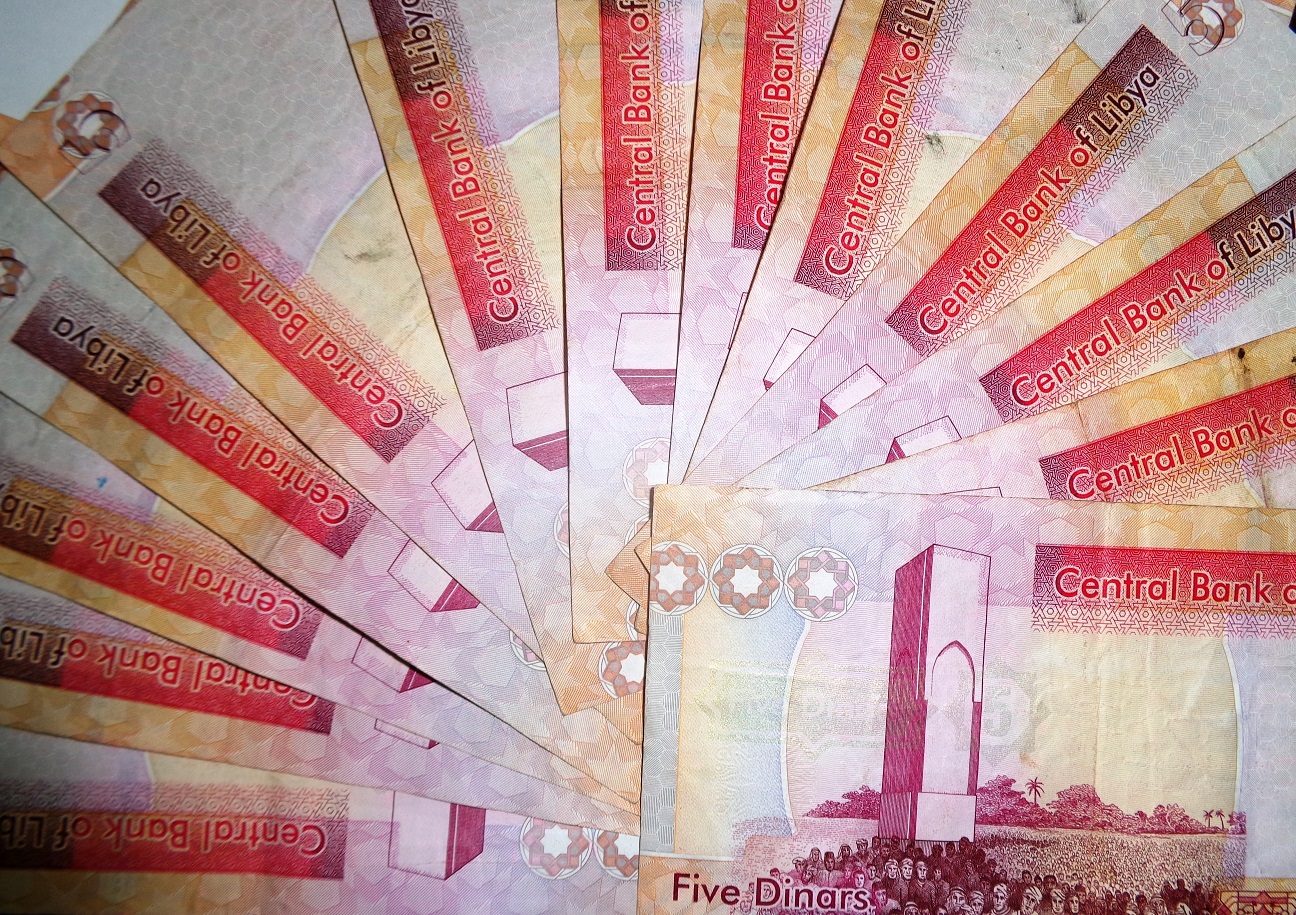By Ahmed Elumami
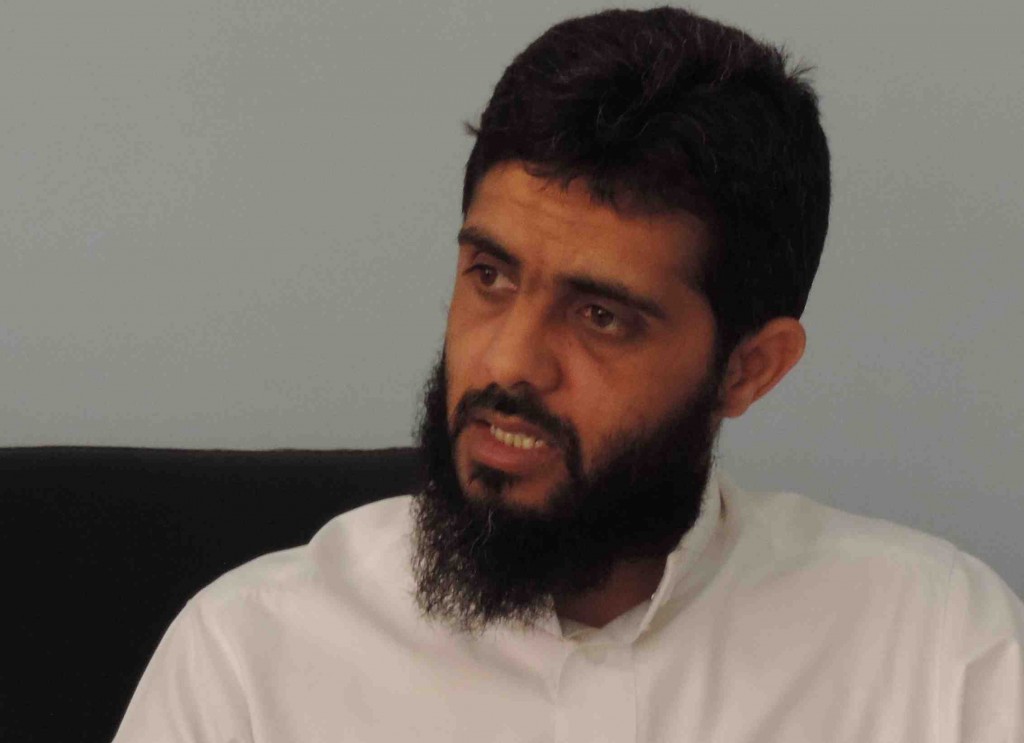
Tripoli 4 July 2013:
Zintan is the victim of deliberate campaign of misinformation in an attempt to isolate it from . . .[restrict]the rest of the country, according to the town’s civic leader Sheikh Mohamed Wakwak. He denied allegations that Zintan had been involved in last week’s bloody clashes in Salah Idden and Abu Salim.
“Zintan is experiencing a fierce attack aimed at distorting the great role that our fighters played during the revolution,” Wakwak, the head of the local council told the Libya Herald.
He added that the persistent accusations of rape, torture, kidnapping and murder that were made against Zintani people were fabrications, which he said no one could prove.
Wakwak stressed his belief that that there were many ideologies working hard to destabilise Libya and its state-building. Zintanis, he said, deplored this conflict and considered themselves a patriotic movement, at present rejecting political parties and blocs.
He went on to say that there was a firm conviction that Tripoli is controlled by Takfir (non-belief) ideology and that former members of the Libyan Fighting Group, which had been considered a terrorist organisation, were exerting considerable influence in the capital.
Wakwak was deeply critical of the Libyan press and media which, he said, never bothered to check stories with Zintan. He described the present media as “the twin” of the media in Qaddafi’s time.
“They have enough money to say what they want,’ said Omar Matooq, the council spokesman, “We do not have the funds to set up our own TV channel to show the truth as it is.”
Despite the Zintani’s rejection of party politics, the town has local offices for two national political parties. “One of them is the National Forces Alliance the other is the Al-Qimma party.” said Matooq, adding “ Any other party that wants to come to Zintan to set up an office, will be welcome.”
Wakwak was asked why, if Zintan believed in the legitimacy of the state, it did not withdraw its fighters from the capital, as the government has ordered. He replied that if Zintan pulled its people out of Tripoli, other fighters from outside the capital would stay and the town would therefore lose its ability to support the building of the Libyan state.
It was the presence of other armed groups, said Wakwak, and the way that they used threats of violence to force the Political Isolation Law and the federal declaration through the General National Congress, that had caused Zintan to reject both pieces of legislation.
Said Matooq: “”Those initiatives are illegal because they are against the principle of democracy and freedom for which the Libyan people came out.” [/restrict]


